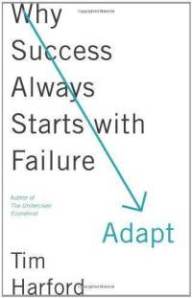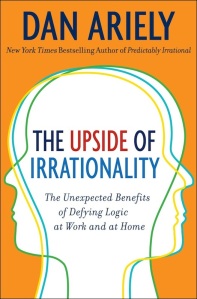 As foster parents, you have certain choices to make about the kinds of kids you will bring into your home. What ages do you want them to be? Will you take special needs children? What races of children will you accept? While DHS in Mississippi calls no matter what you say you are willing to take, you always have the right to refuse any children that do not meet your criteria. Some questions were easy for us to answer. We could not see closing our home to children of other races. We wanted children from 5-10 years old so they would be in school because my wife was working at the time we signed up for foster care (though she has since quit her job and we have left that restriction behind).
As foster parents, you have certain choices to make about the kinds of kids you will bring into your home. What ages do you want them to be? Will you take special needs children? What races of children will you accept? While DHS in Mississippi calls no matter what you say you are willing to take, you always have the right to refuse any children that do not meet your criteria. Some questions were easy for us to answer. We could not see closing our home to children of other races. We wanted children from 5-10 years old so they would be in school because my wife was working at the time we signed up for foster care (though she has since quit her job and we have left that restriction behind).
Choosing which children will enter your home without know their names or seeing their faces is an interesting process. I was tempted to say that we would no longer take kids from another county after our last experience, not because of the kids themselves but because of the difficulties and time consuming nature of traveling out of county so often. When you don’t know who the next group of kids will be, it’s easy to say that you want to exclude anyone from another county. But thinking back, I would never have chosen to keep our prior group of kids out of our home because of where they lived. It’s easy to so no to a generic child you’ve never met, but saying no to a face and a name, a person, is much different.
Through this process I am reminded of how much we see types of people instead of people. We see black people or white people, rich people or poor people. We see special needs kids or kids with behavior problems, and sometimes we’re scared by the types of people we see. Types of people rarely move us to compassionate action, but instead these types often paralyze us in worry or fear. But when we begin to see individual people instead of faceless masses, we begin to find the compassion that is so often missing in our lives. I have seen this in some of our friends who are beginning the process of adopting a son from Ethiopia. They went from seeing millions of children all across the world to seeing a son in Ethiopia waiting for a family. Even though they have never seen his face, they see him through the throngs of orphans (you can follow their story here).
So often we try to cater our lives to meet all our specifications, when God often confounds those expectations. If God only gave us the kind of things we wanted, if he allowed us to arrange everything just the way we desire, how would we ever grow? I pray that I would allow God to confound my expectations, and I pray that I would see people as people, not as categories or statistics.

